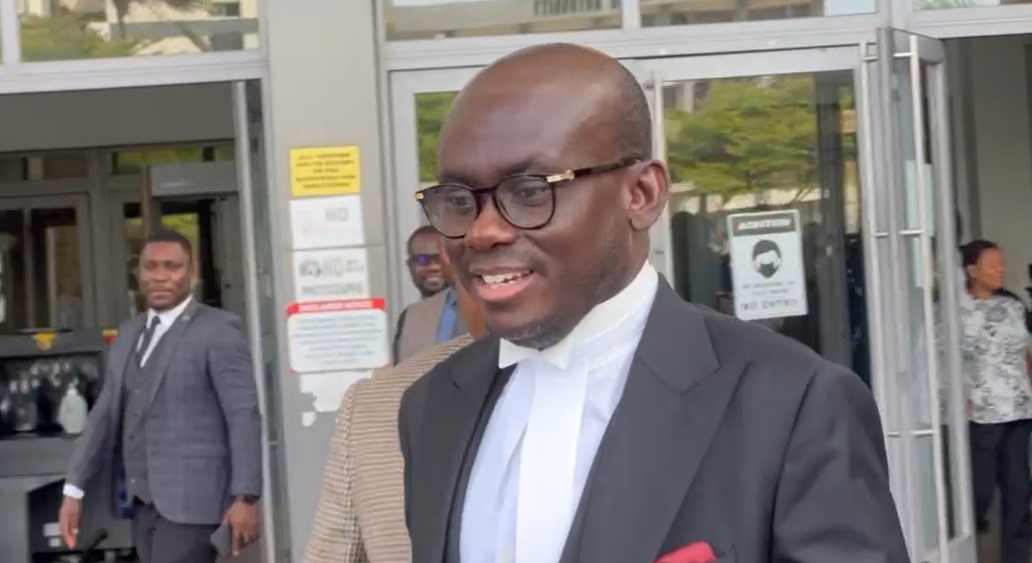Godfred Yeboah Dame, legal counsel for suspended Chief Justice Gertrude Torkornoo, has argued that the legal threshold for granting an injunction against the proceedings seeking her removal has been met.
Appearing before the Supreme Court on Wednesday, May 28, the former Attorney General, Godfred Dame contended that no proper prima facie determination was made regarding the petitions that initiated the Chief Justice’s removal process.
He pointed out that the President’s letter to the Chief Justice referenced a prima facie case only briefly in its third and fourth paragraphs, without offering any detailed evaluation.
According to Dame, this falls short of the constitutional requirement for a quasi-judicial process, including a prima facie assessment as outlined in Article 146(1) of the 1992 Constitution.
He further argued that failing to share the prima facie determination with his client denied her the right to a fair hearing.
“It is chilling that the Attorney General, the protector of the rights of over 32 million Ghanaians, defends a process where the person directly affected is left in the dark,” Dame said.
The lawyer also questioned the composition of the investigative committee, particularly the inclusion of Justice Gabriel Pwamang, who he claimed is named as a witness in one of the complaints and therefore should not chair the proceedings.
Dame further challenged the eligibility of other committee members, arguing that some had not taken the constitutional oath required for such roles.
In response, Deputy Attorney General Dr. Justice Srem-Sai defended the legality of the process and argued that many of Dame’s claims had already been adjudicated by the court, rendering them res judicata.
He referenced the Vincent Ekow Assafuah case, in which the court determined that the panel had not part-heard the matter and could therefore be reconstituted.
“It is surprising that Dame would advance arguments your Lordships have already ruled on,” Srem-Sai remarked.
On the issue of the prima facie determination, Srem-Sai cited a recent ruling which held that such determinations alone do not justify the granting of an interlocutory injunction.
He also addressed the matter of confidentiality, stressing that the Constitution requires in-camera hearings in such proceedings and that the Chief Justice does not have the legal authority to waive this requirement.
Responding to the challenge regarding Justice Pwamang, Srem-Sai argued that allegations of bias must be proven, not presumed.
He concluded by clarifying that a panelist’s role is invalidated only by a refusal—not a delay or omission—to take the constitutional oath.
Read also…
Supreme Court unanimously dismisses Torkornoo’s injunction application
